November 11th, 2024
JXTX + CSHL Biological Data Science 2024 Awardees

JXTX: The James P. Taylor Foundation for Open Science is pleased to announce the recipients of the 2024 JXTX+CSHL Biological Data Science Scholarships. The JXTX Foundation provides support for students to attend conferences in computational biology and data science, where they can present their work and form connections with other researchers in the field.
Six genomics and data sciences graduate students from around the globe were awarded this set of JXTX+CSHL scholarships. These awardees will present their work at the Cold Spring Harbor Laboratory (CSHL) Biological Data Science being held November 13-16. Awardees represent five institutions and are presenting a wide range of research at the meeting.
Sandeep Kambhampati
Harvard University and Broad Institute of MIT and Harvard
Sandeep Kambhampati is a Ph.D candidate in the Bioinformatics and Integrative Genomics program at Harvard University, advised by Dr. Fei Chen and Dr. Mehrtash Babadi.
His research currently focuses on building machine learning models to represent tissue organization from spatial transcriptomics data, aiming to understand how this organization forms during development and is disrupted during disease. Outside of the lab, Sandeep enjoys rock climbing and mountaineering.

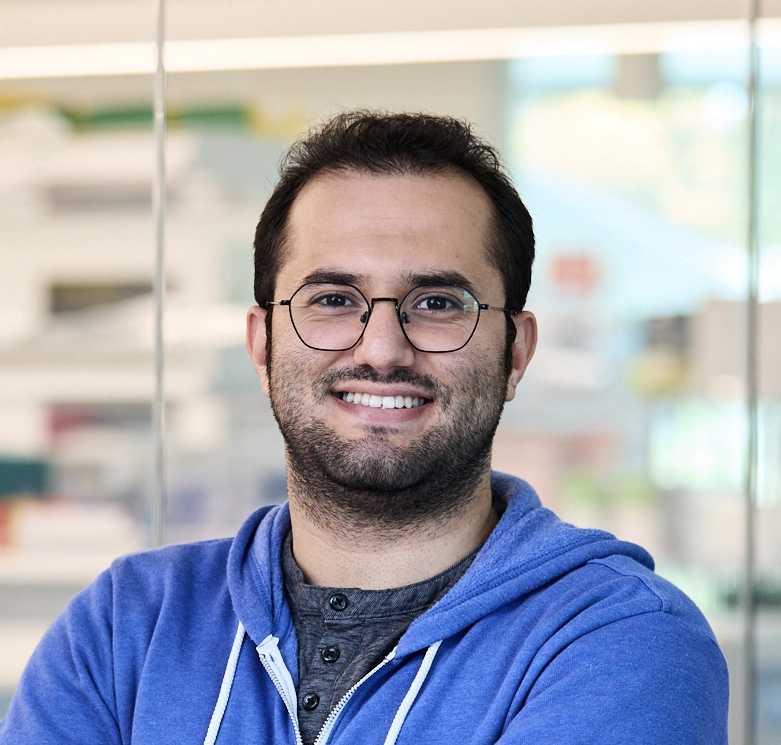
Abolfazl Arab
Pharmaceutical Sciences and Pharmacogenomics, UCSF
Originally from Shiraz, Iran, Abe holds a B.Sc. in cellular and molecular biology and M.Sc. in nano-biomimetics from the University of Tehran, Iran. As the first STEM student in his family, he has honed his computational and experimental skills in molecular and cell biology, functional genomics, systems biology, and gene regulation.
His work includes integrating CRISPR screening and multi-omics datasets to study drug mechanisms in cancer cells. Notably, he developed ScreenPro2, a tool that enables flexible analysis of high-content CRISPR screening datasets. Abe is now a PhD student at the Pharmaceutical Sciences and Pharmacogenomics (PSPG) program at the University of California, San Francisco (UCSF).
Ida Shinder
Johns Hopkins University
Ida is a PhD candidate in the Cross Disciplinary Graduate Program in Biomedical Sciences at the Johns Hopkins University School of Medicine, advised by Dr. Mihaela Pertea.
Her research focuses on developing computational tools for RNA-seq analysis, with an emphasis on improving transcriptome assembly accuracy to better understand isoform diversity across tissues and conditions. By enhancing transcriptome assembly, her work aims to provide deeper insights into the complexity of gene expression and regulation in health and disease. In her free time, she enjoys hiking, practicing yoga, and playing frisbee with her Belgian Malinois.
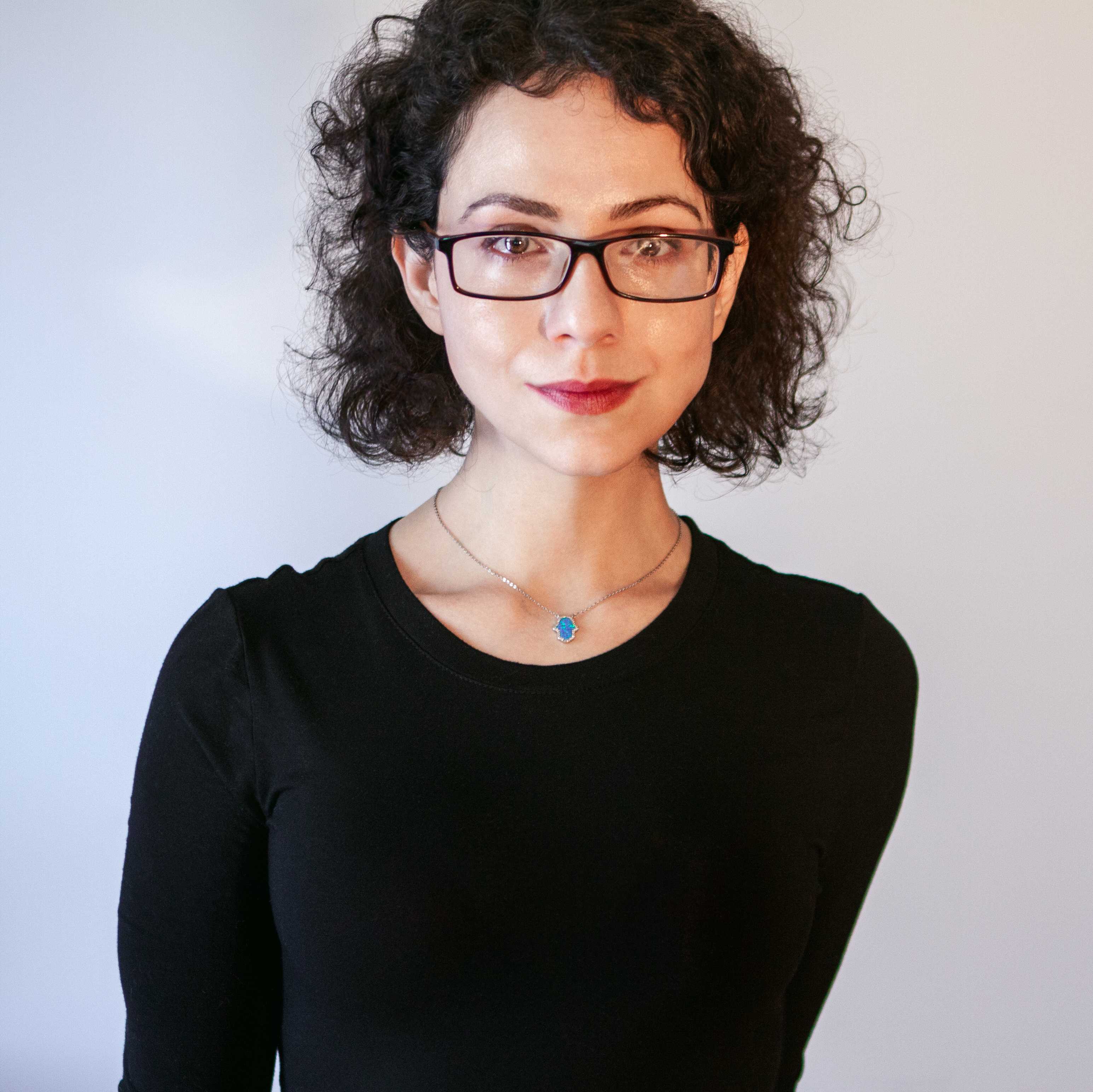
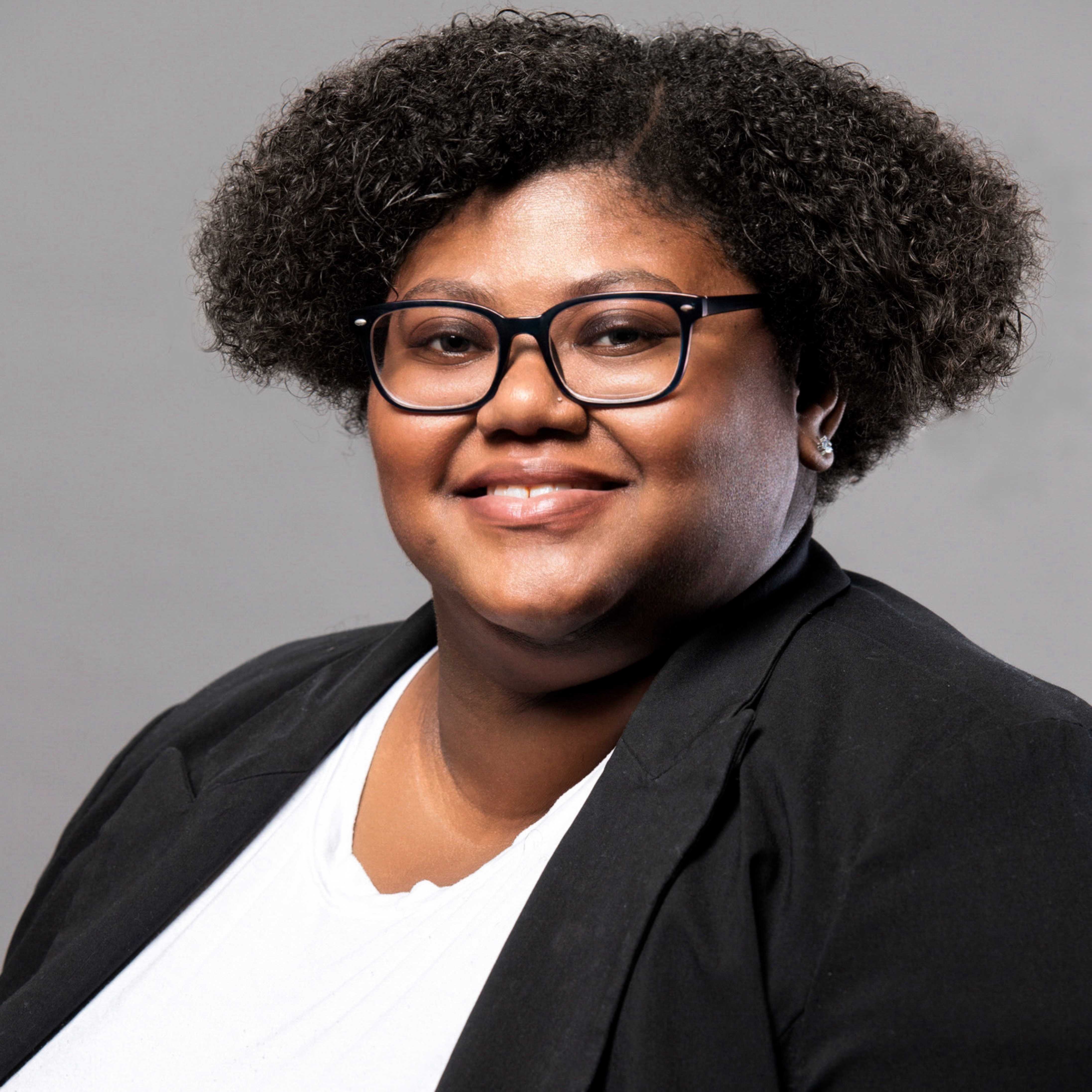
Shaurita D. Hutchins
University of Alabama-Birmingham
Shaurita D. Hutchins is a PhD student in Genetics, Genomics, and Bioinformatics at the University of Alabama at Birmingham in the Center for Computational Genomics and Data Science and the Department of Genetics under the mentorship of Dr. Liz Worthey.
Her research focuses on identifying genetic modifiers and drug repositioning targets for Heritable Pulmonary Arterial Hypertension (HPAH). Recently, she has developed web apps and tools to visualize genomic variant analyses and conduct differential gene expression studies. Outside of research, Shaurita promotes technical literacy by teaching with the Carpentries and organizing a weekly "Code, Chat, & Collab" event for bioinformatics students at UAB.
Irika Sinha
Johns Hopkins School of Medicine
Irika Sinha is a fourth-year PhD candidate in the Neuroscience Training Program at Johns Hopkins University, advised by Dr. Philip Wong and Dr. Jonathan Ling. As an undergraduate, she was involved in research across various fields and ultimately developed a strong interest in neurodegeneration and bioinformatics.
Recently, Irika has focused on investigating TDP-43-associated alternative splicing in neurodegenerative diseases. Due to the increasing amount of large datasets becoming available across all fields, she is especially excited to attend the CSHL Biological Data Science meeting to learn about the methods being used and developed to rigorously analyze these data. Outside of research, Irika can be found rockclimbing or lifting.
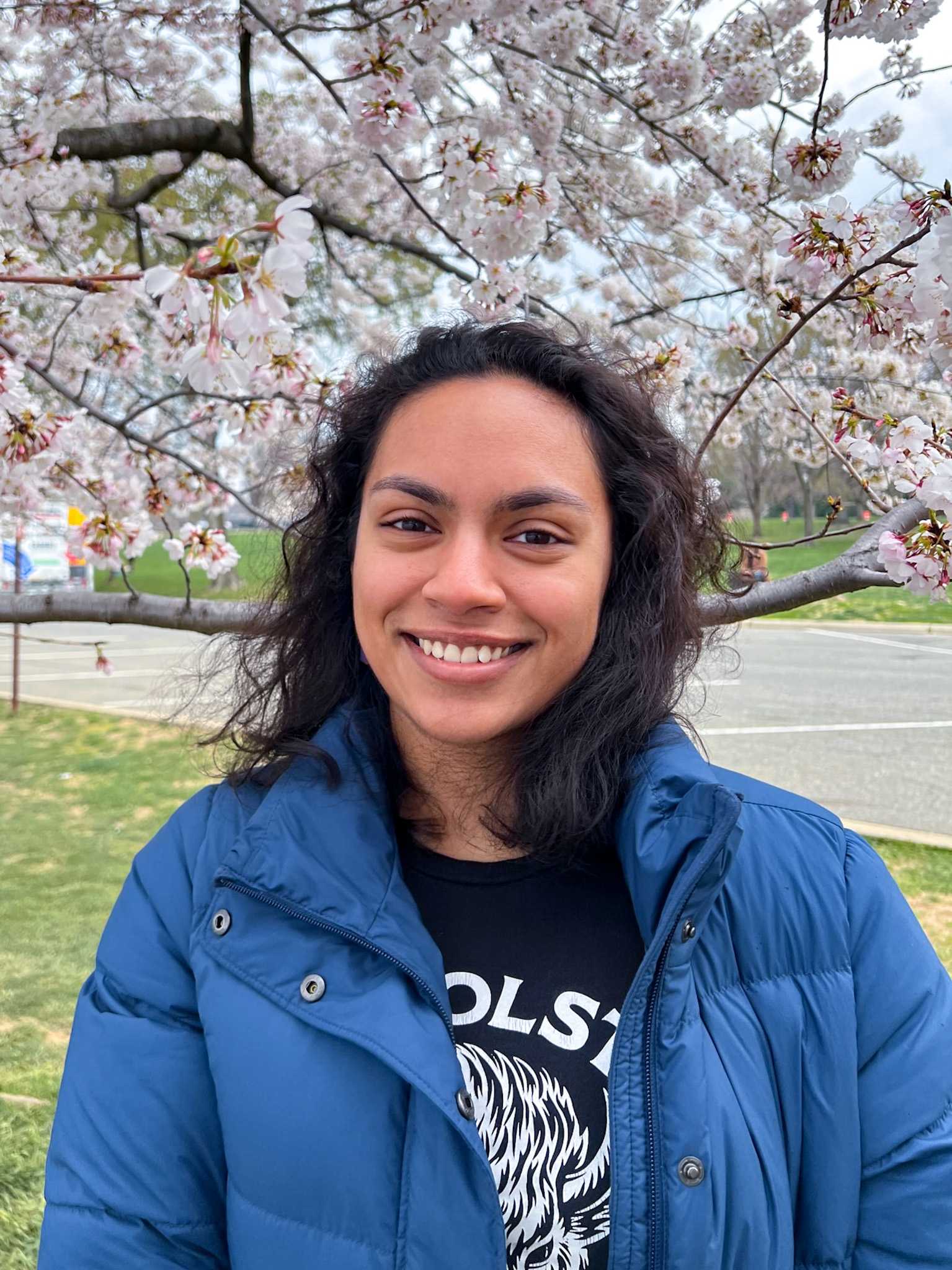
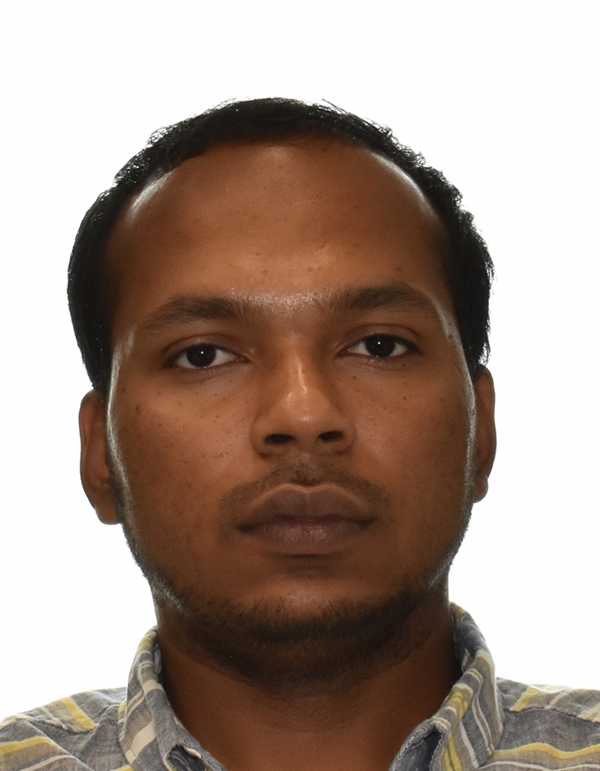
Abdul Muntakim Rafi
University of British Columbia
Rafi is a Ph.D. candidate in Biomedical Engineering at the University of British Columbia. He completed his Bachelor’s degree in Electrical and Electronic Engineering at Bangladesh University of Engineering and Technology and later pursued his Master’s in Electrical and Computer Engineering at the University of Windsor.
His current research focuses on employing machine learning to design cis-regulatory models, develop methods to interpret them, and explore ways to enhance their performance, contributing to a quantitative understanding of cis-regulatory logic. Rafi has supervised multiple Co-op students in the de Boer lab and is always on the lookout for motivated undergraduates and high school students to join his research endeavors.
About JXTX: The James P. Taylor Foundation for Open Science
“The most important job of senior faculty is to mentor junior faculty and students.” These are the words that Professor James P. Taylor, the Ralph S. O’Connor Professor at the Departments of Biology and Computer Science at Johns Hopkins University said and lived by. This, he believed, was imperative to advance science, and in a way that facilitated diversity and inclusion. The mission of this foundation is to continue his legacy, through a multifaceted approach which will be unrolled across several stages.
Towards the goal of advancing mentorship, the JXTX Foundation will organize and host mentoring sessions between senior and junior faculty members at select high-profile meetings. The Foundation also aims to attract new scholars, including high school and undergrad students, to computational biology and data science, and to form connections and opportunities for members of underrepresented minority populations.
According to his colleagues, James hated self-promotion. But the community would be done a grave disservice if the seeds planted by Dr. Taylor were not nourished to grow and flourish. Thank you to those who have generously contributed.
Please consider making a donation to support James Taylor’s legacy.
